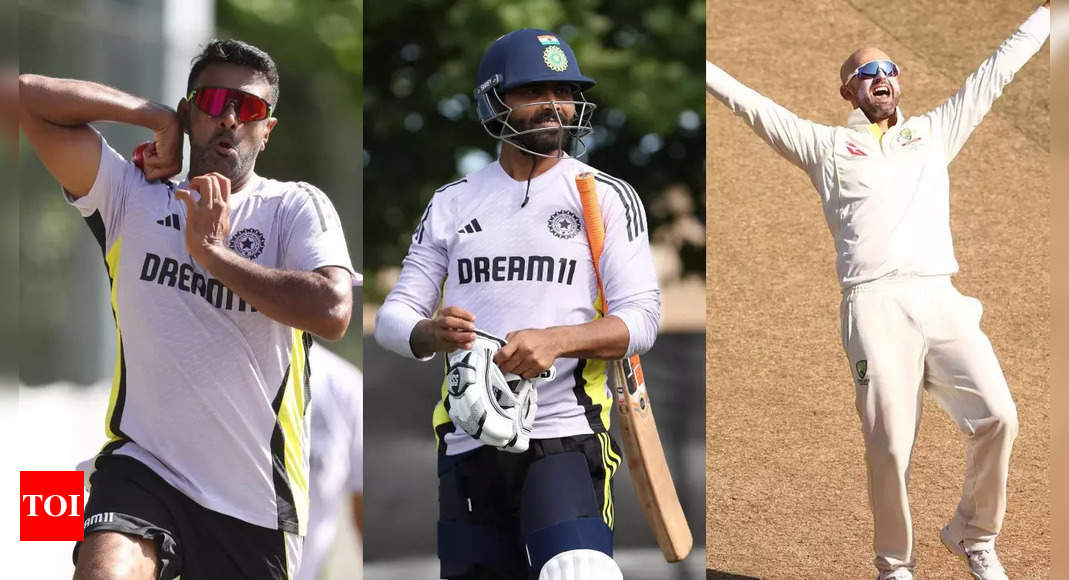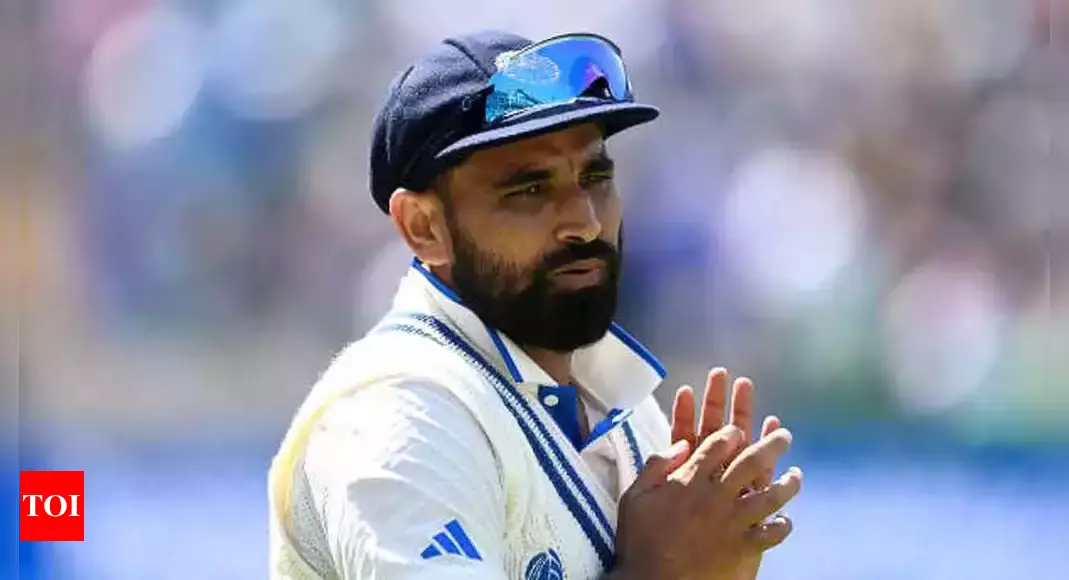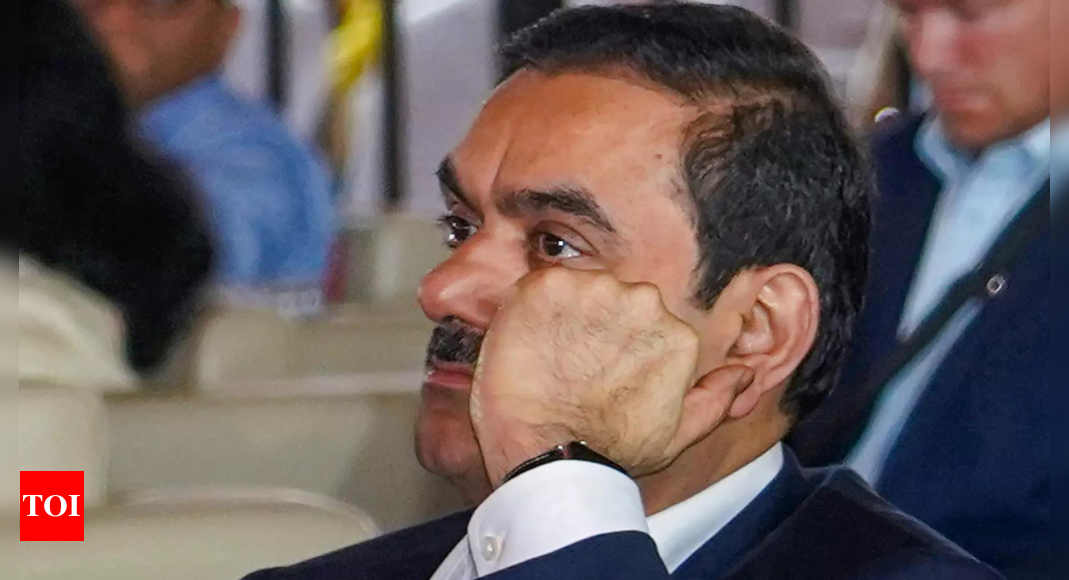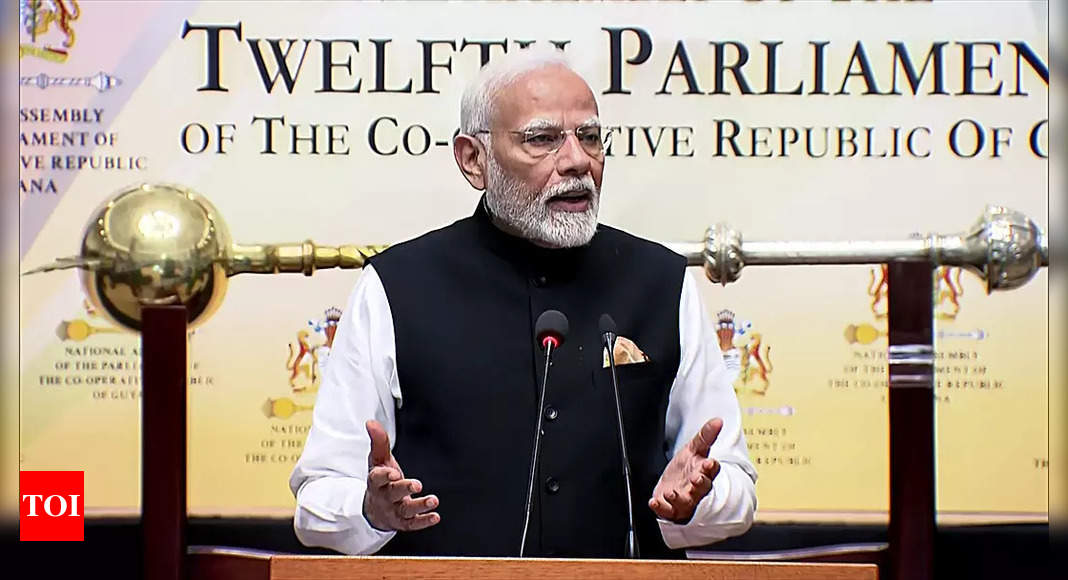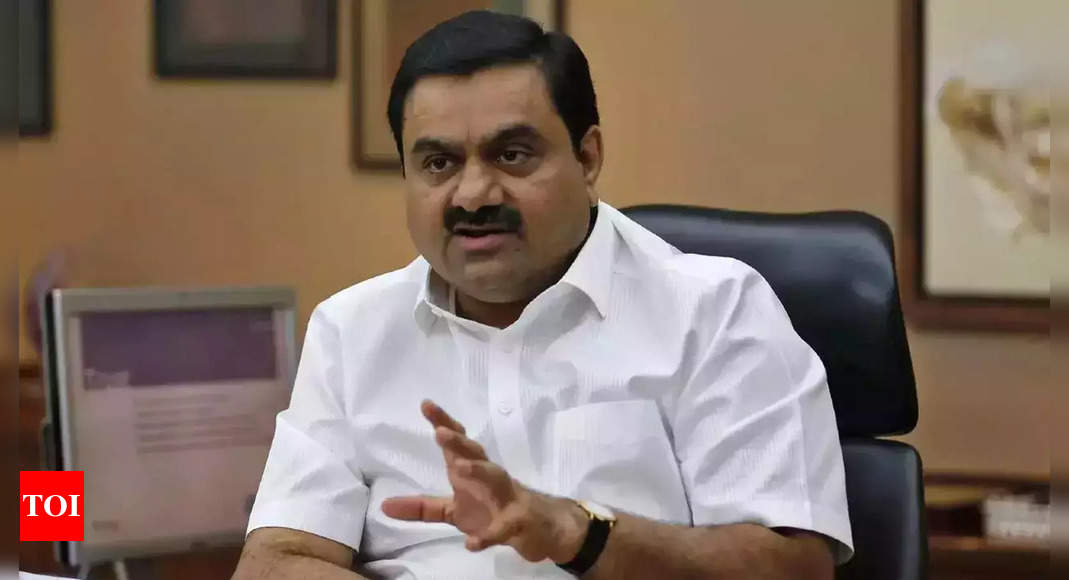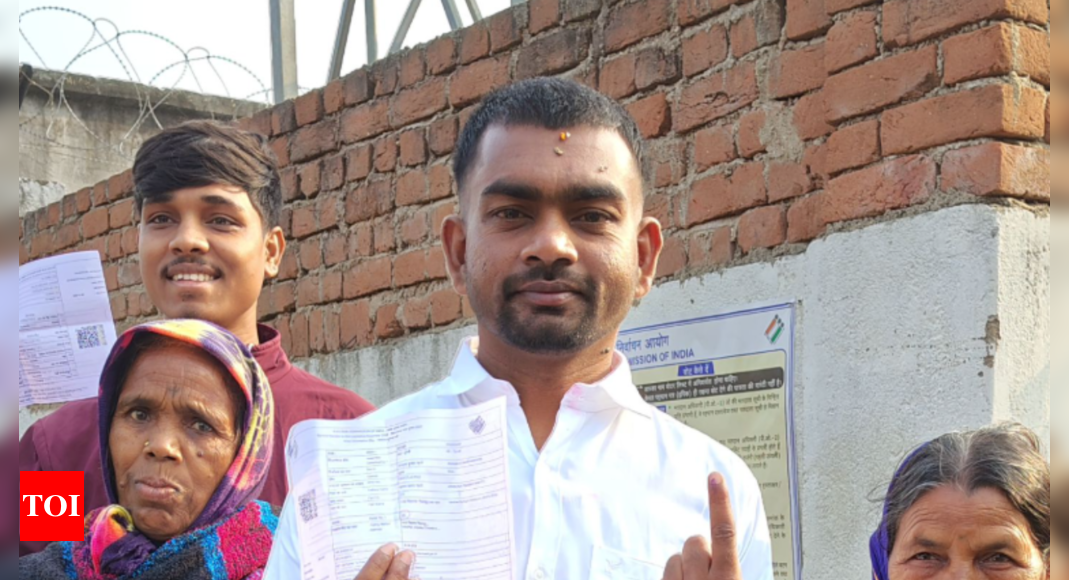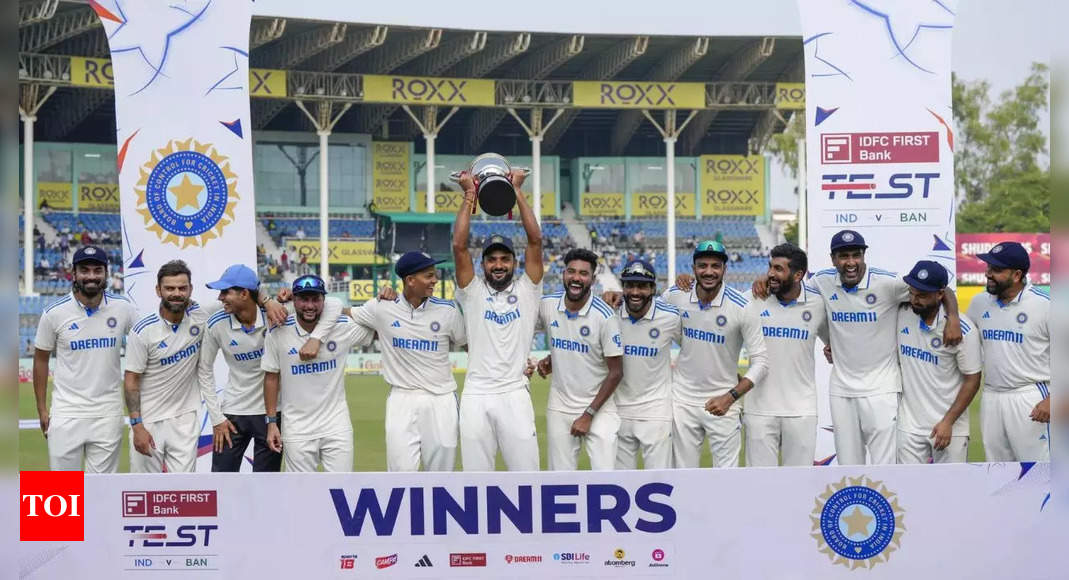
The BCCI has used as many as 18 venues for Test matches in the 21st century but the house remains divided on restricting the purest format to fewer centres in the country.
“We’ve been discussing this for a long time now, and in my opinion, we should have five Test centres, period. I mean, I agree (with) state associations and rotation and giving games and all that, that is fine for T20 and one-day cricket, but Test cricket, teams coming to India should know, ‘we’re going to play at these five centres, these are the pitches we’re going to expect, these are the kind of people that will come to watch, crowds,” Virat Kohli had said in 2019.
It did not create quite a flutter then but it has now, especially after two days of the second Test between India and Bangladesh were abandoned without a ball bowled. This was when there was no rain to disturb cricket with the Green Park Stadium in Kanpur found lacking in adequate drainage facilities.
As both teams stayed in their hotel and twiddled their thumbs instead of testing the opposition on the field, the debate grew about whether it made more sense for Board of Control for Cricket in India (BCCI) to have dedicated venues for Test matches.
Rohit Sharma, the Test captain, differed with Kohli on the topic. “If you want to promote Test cricket, it should be played in every part of the country and not restrict it to just a handful of big centres. I’m pretty pleased that Test cricket is being played in places like Dharamshala and Indore. I am just happy that we have been able to take cricket to all parts of the country,” Rohit said last year during the home Test series vs Australia.
“All the Test centres we have played in since COVID-19, the crowd has been decent. Delhi, surprisingly, had a superb crowd. We are not used to seeing huge crowd at big centres. So, Test cricket should be played everywhere,” he further explained.
Ravichandran Ashwin was asked whether it made more sense to have a limited number of Test venues. The off-spinner opted to sidestep the question while saying it was ‘above my pay grade’.
“Does it help a player if you have just a few Test centres? Most certainly it does,” Ashwin said after India beat Bangladesh 2-0 on Tuesday despite a truncated contest.
“Because when we go to Australia, they play India only at five Test centres. They don’t play us in Canberra. They don’t play us at any of the other venues where they won’t be very familiar with the conditions. So do England.”
“They have select Test centres and that’s where they play. Some of those are only white-ball centres. Can we do it here (in India)? That’s above my pay grade. I cannot comment on that,” the Player of the Series said.
Ashwin did, however, argue that cricket benefits by having various venues for the traditional format.
“Firstly, what are the benefits that Indian cricketers attain by having so many Test centres? You have got cricketers who come and play Test cricket from every nook and corner of this country.
“It is a huge country and it has triggered that sort of urgency and that sort of passion amongst cricketers to be able to come and play for this country. That is a big positive.
“The second of it is there are certain requisite ingredients that go into making a Test match happen. Like, for the weather and the kind of drainage that we need to be able to invest on. These are no-brainers,” he added.
Where do India play their Test matches?
India-Test-match-grounds
Since the turn of the century, India have played 112 Test matches at home – winning 71, losing 13 and drawing 28. The matches have been played at 18 different grounds throughout the country with Eden Gardens in Kolkata hosting the most number of matches, 12 Tests, resulting in 8 wins, 3 draws and a solitary loss.
It is followed by IS Bindra Stadium in Mohali, M Chinnaswamy Stadium in Bengaluru (11 Tests) and MA Chidambaram Stadium in Chennai (10 Tests) with Arun Jaitley Stadium in Delhi and Wankhede Stadium in Mumbai playing host to nine Tests each.
At the other end, Brabourne Stadium has hosted just one game, in 2009 against Sri Lanka, with two each for Maharashtra Cricket Association Stadium in Pune and Himachal Pradesh Cricket Association Stadium in Dharamsala.
In the first decade of the century, Test matches were spread out across 11 grounds in the country. There were contests in Mohali, Bengaluru, Kolkata, Chennai, Ahmedabad, Delhi, Mumbai, Nagpur, Kanpur, Brabourne (Mumbai) and Hyderabad.
Mohali, Bengaluru and Nagpur led the way with seven matches handed out to them by the board. Kolkata, Chennai and Ahmedabad were right behind on six each.
In less than a decade-and-half since, the number of venues has increased to 16. Going beyond the above-mentioned 11, six more grounds have emerged in Visakhapatnam, Indore, Ranchi, Rajkot, Dharamsala and Pune. Brabourne, meanwhile, has not hosted a match since 2009.
Only Hyderabad has seen an uptick over the two decades with four more Tests coming to them in 2011-2024 as compared to 2000-2010. Others have either remained the same or seen a minor drop except for Nagpur and Mohali who have hosted three matches fewer. 16 Test matches have gone to the newer centres.
Why India rotates centres
It’s an unwritten rotation policy that the Indian cricket board follows while allocating fixtures to venues for various bilateral fixtures played in the country to keep the various state associations in good humour. Apart from the rotation, the weather conditions also play a role in deciding venues for the home fixtures.
How do England and Australia compare?
In comparison to India, England and Australia have kept their Test matches to nine and 10 venues respectively in the 21st century.
England’s Tests have been held at Lord’s (46 matches), The Oval (23), Edgbaston (20), Headingley, Old Trafford, Trent Bridge (19). Riverside Ground, The Rose Bowl (6) and Sophia Gardens (3) are lower down the order but have not hosted any matches since 2016, 2020 and 2015 respectively.
Australia’s Test matches have largely been hosted at Sydney Cricket Ground (26), Adelaide Oval, Brisbane, Melbourne Cricket Ground (23) and Perth (20). There have also been matches at Hobart (9), Cairns, Darwin (2), and Canberra (1).


